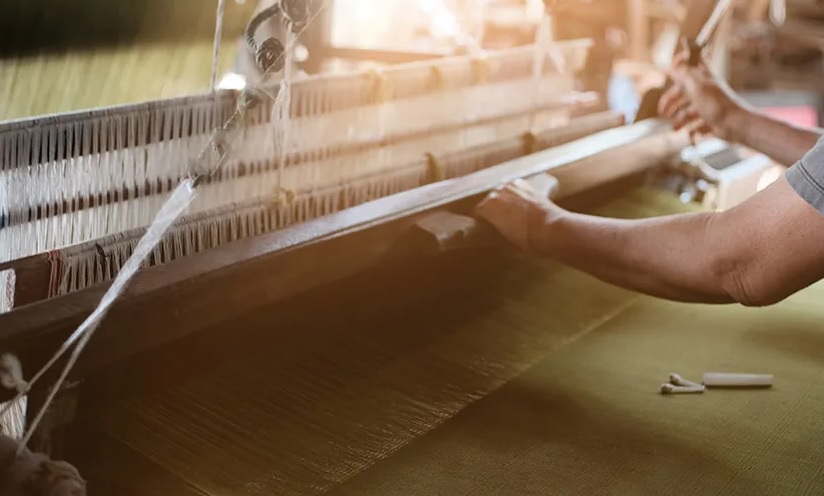
India's textile industry is one of the main contributors to nation's economy. Recognizing its potential, various states are vying to attract investments and establish themselves as textile hubs. This has resulted in a diverse landscape of investment policies, each with its own strengths and focus areas.
Drivers of state investment policies
Some states like Gujarat, Maharashtra, and Tamil Nadu, with established cotton and synthetic fiber production, offer advantages in raw material sourcing. Skilled workforce is another growth driver, clusters with a history of textile manufacturing, such as Tiruppur in Tamil Nadu and Surat in Gujarat, boast of a skilled labor pool. Then well-developed industrial zones, ports, and connectivity play a crucial role in attracting investors. States also offer a range of incentives, including capital subsidies, tax breaks, and power tariff concessions.
Table: State-wise policy focus and scorecard
|
State |
Focus areas |
Strengths |
Case studies |
|
Gujarat |
Textile parks, skill development, technology upgradation |
Strong infrastructure, proactive policies, established industry clusters |
Welspun Group's integrated textile facility in Anjar |
|
Maharashtra |
Cotton value chain, export promotion, infrastructure development |
Large domestic market, port access, skilled workforce |
Raymond's manufacturing unit expansion in Aurangabad |
|
Tamil Nadu |
Apparel manufacturing, export-oriented units, cluster development |
Skilled labor, established apparel ecosystem, port connectivity |
Ahluwalia Contracts' garment manufacturing unit in Tiruppur |
|
Telangana |
Mega textile parks, incentives for MMF (man-made fiber) sector, skill development |
Government support, strategic location, growing textile industry |
Youngone Corporation's integrated textile park in Warangal |
|
Andhra Pradesh |
Integrated textile parks, incentives for spinning mills, infrastructure development |
Abundant land availability, government support, strategic location |
Kitex Garments' expansion in Anantapur |
A look at the table shows, Gujarat scores high on infrastructure development and ease of doing business. For example, Reliance Industries has invested in a mega textile park in Gujarat. Tamil Nadu leads in apparel manufacturing and skilled workforce. Telangana offers attractive incentives for MMF and technical textiles. In fact, Page Industries is setting up an apparel manufacturing unit in Telangana. Aditya Birla Group on the other hand is expanding its viscose staple fiber production in Gujarat and Madhya Pradesh.
However, despite positive initiatives, several bug bears persist. One major factor is the infrastructure gaps as some states need to improve road and port connectivity. Skill shortage is another issue therefore, upskilling and training are crucial to meet industry demands. And with concerns about the environment sustainable practices and water conservation are critical.
Future growth hinges on automation and Industry 4.0 solutions that can boost productivity; adoption of circular economy principles and eco-friendly practices; and focus on innovation and value-added products to compete globally.












